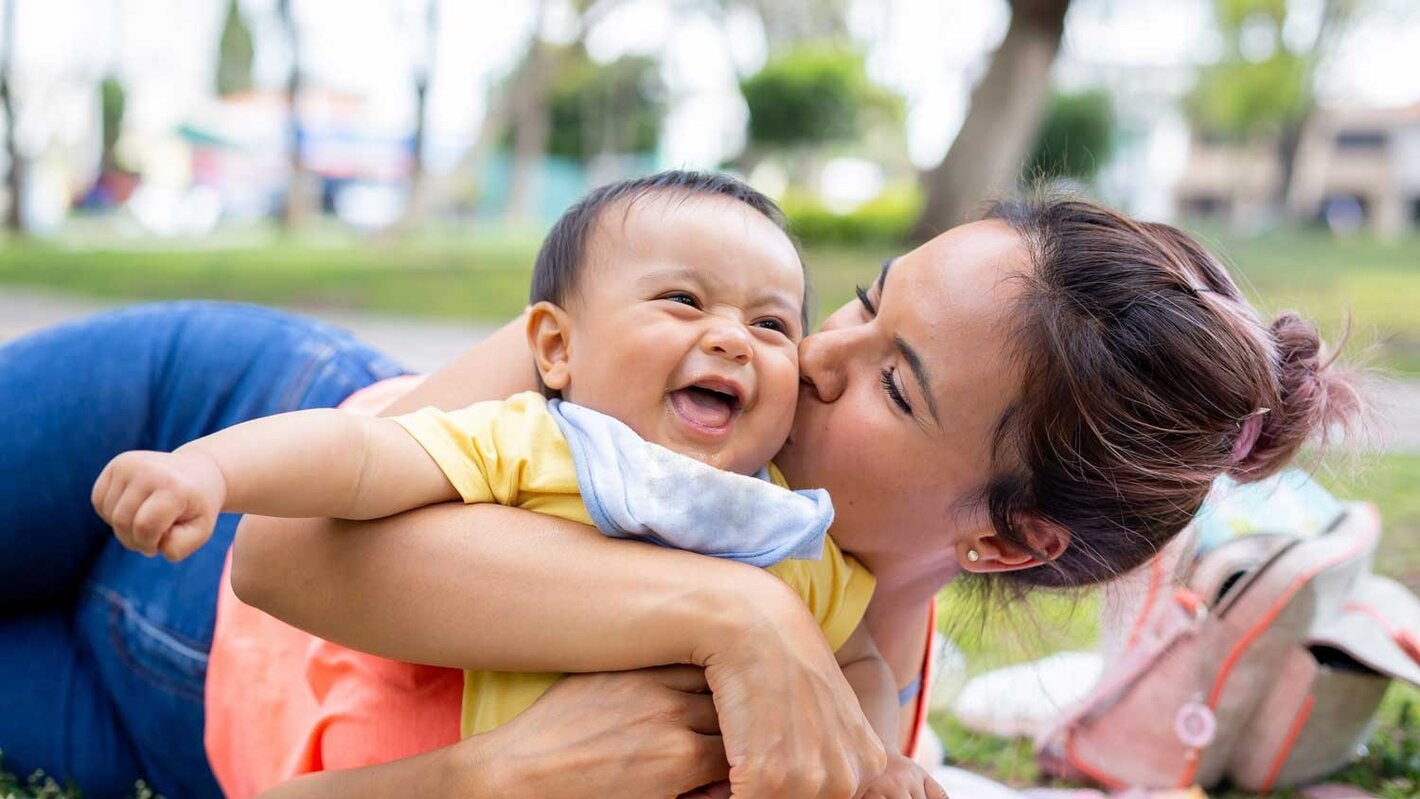
Human T-cell lymphotropic virus (HTLV) infection affects vulnerable population groups including key population groups, people living in poverty in areas of very low HDI, and epidemiologically semi-closed population groups such as indigenous peoples. In this context, the scientific community and civil society emphasize that the time has come for a public health response to this disease, and the first step is to bring knowledge about HTLV and support an effort for the inclusion of the issue in the international health agenda.
In 2021, PAHO/WHO, in partnership with the Ministry of Health of Brazil, and the HTLV Channel, held the "HTLV World Day Webinar: International Health Policy Forum for the Elimination of HTLV" with aiming to promote discussion on public policies and actions implemented in several countries, for the prevention and control of HTLV and its sequelae.
In this context and following up on this previous event, a virtual workshop is being organized to discuss the response to HTLV as part of maternal and child health programs, identifying opportunities for cooperation between programs, academia, civil society, and other actors in the region.
Date: Thrusday, August 18 2022
Hora: 11:00 am - 12:40 pm (EST Time, Washington, DC)
Plataform: Zoom
The event will feature interpretation in English, Spanish and Portuguese.
Agenda
- 11:00 - 11:10 Welcome
PAHO/WHO - HTLV Channel - 11:10 - 11:25 Overview of HTLV-1/2 infection and mother-to-child transmission.
Dr. Carolina Rosadas, Imperial College, United Kingdom - 11:25- 11:35 The Initiative for the Elimination Mother-to-Child Transmission of HIV, Syphilis, Hepatitis B and Chagas Disease (ETMI Plus)
Leandro Sereno, PAHO/WHO - 11:35 - 11:40 Patient Perspective: The Need to Prevent Mother-to-Child Transmission of HTLV
Ms. Ema Moyano, Argentina - 11:40 - 11:50 Country Experience: prevention of mother-to-child transmission of HTLV in Brazil.
Dr. Angelica Miranda, Ministry of Health, Brazil. l - 11:50 - 12:00 Questions and Answers
All - 12:00 - 12:40 Panel: Integrating the response to HTLV into maternal and child health programs? Barriers and opportunities
- Dr Carolina Rosadas, United Kingdom
- Dr. Angelica Miranda, Brazil
- Dr. Jorge Valdebenito, Ministry of Health Chile
- Ministry of Health Colombia (TBC)
- Final Comments and Closing
